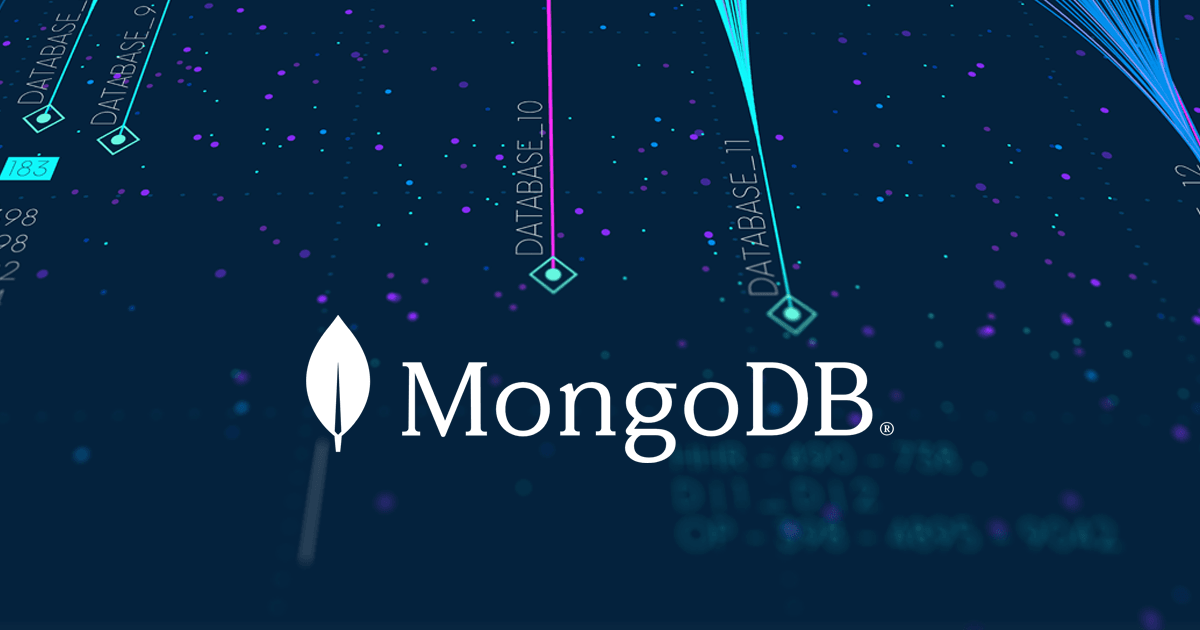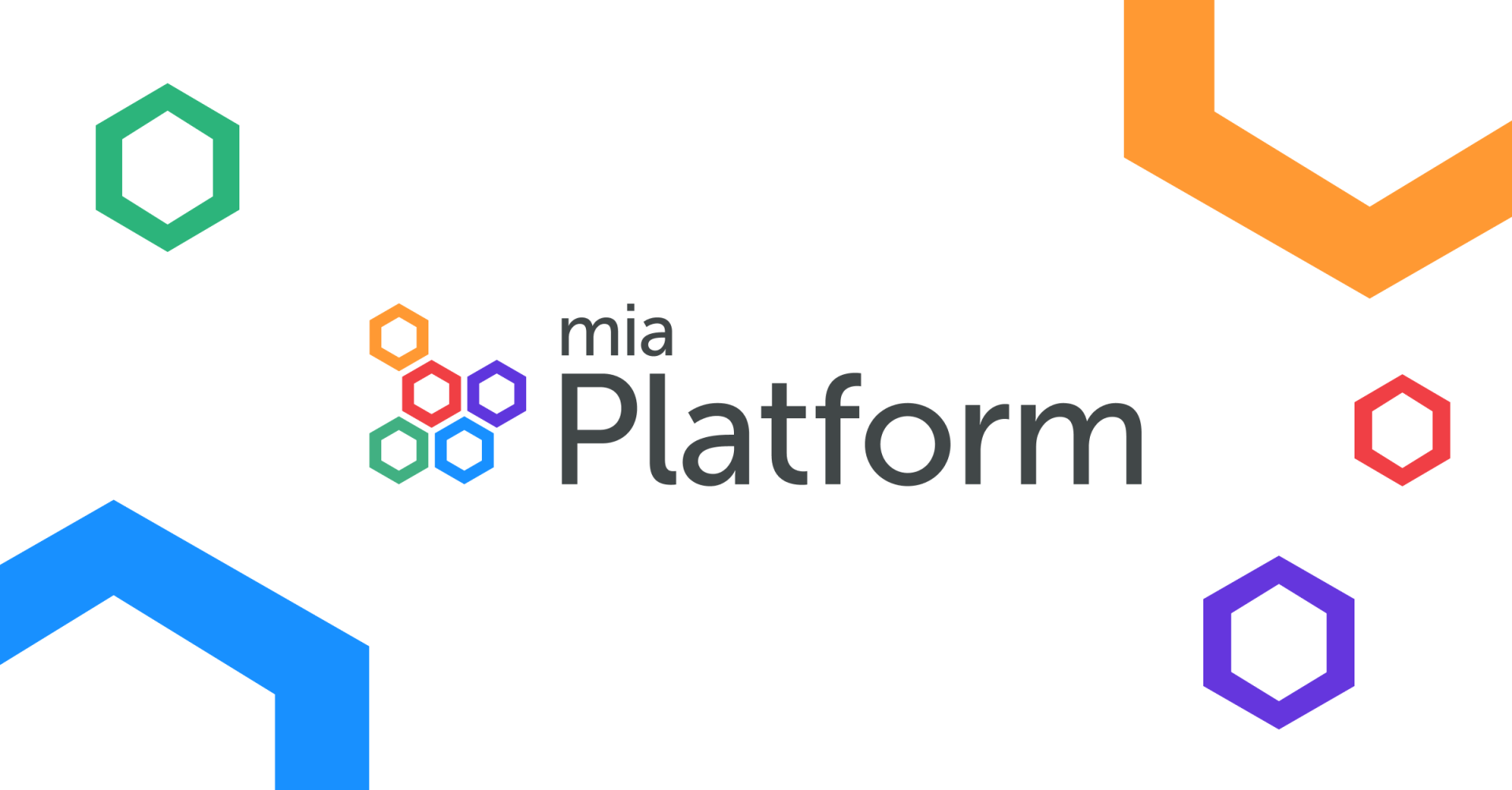MongoDB RomeMUG: Meet Up #9
-
Leonardo Ludovico Ponnamperumage
- 10 Jun, 2024
- 05 Mins read

English Version Below
Ciao Sorintiani! Sono di nuovo io, Leonardo Ludovico Ponnamperumage, Database Administrator del Sircle DAS e del DB.X. La scorsa volta avete avuto modo di conoscere i MUG e i Meet UP di MongoDB e di esplorare gli ultimi avvenimenti dell’evento. Potete recuperare il precedente articolo al link: MongoDB RomeMUG: Meet Up #8.
Sappiamo che incontri come questo sono occasioni per esplorare e confrontarsi con altri esperti riguardo MongoDB e nuove tecnologie. La volta scorsa ho avuto l’opportunità di partecipare come appassionato e spettatore incaricato di documentare l’evento. Questa volta, invece, sono stato invitato come speaker da Cesare Laurenziello, leader italiano della community di MongoDB, insieme a Roberto Barbarito, collega e mentore grazie al quale ho conosciuto MongoDB, per presentare passo passo il deploy di un’applicazione su MongoDB Atlas. Con il mondo della tecnologia che si sposta sempre di più verso il cloud, perché non usare proprio un database su cloud?

Per il mio intervento, ho presentato un progetto che ho sviluppato utilizzando MongoDB Atlas, la variante cloud di MongoDB. Si tratta di una web app chiamata "LMS", un altro branch del progetto originale ideato per un cliente che possedeva una catena di centri fisioterapici a Roma, poi utilizzato come progetto scolastico per la maturità e presentato anche nell’edizione 2023 di HackersGen. L'applicazione è un sistema di gestione per il back office, sviluppata con HTML, CSS e JavaScript per il frontend, e PHP per il backend. Inizialmente ospitata su un server web Apache su Raspberry Pi, è stata successivamente spostata su cloud AWS in un’istanza Lightsail, tutto gestito con strumenti AWS incluso il dominio, il routing e la sicurezza. LMS non è solo un sistema di gestione per il back office, ma un sistema universale che offre varie funzionalità, dalla pianificazione degli appuntamenti alla gestione delle anagrafiche. È un progetto trasversale che dimostra le diverse applicazioni di questa tecnologia, inclusa la parte sistemistica, cloud e database. Durante il mio intervento, ci siamo concentrati principalmente su Atlas, dove il database è stato il nostro protagonista. Ho presentato i dettagli tecnici del progetto: la connessione al database tramite il driver, l'inserimento e il recupero dei documenti su cloud, e la gestione degli ObjectID da parte di Atlas e PHP. Ho anche discusso delle sfide affrontate durante lo sviluppo, dimostrando come questo database su cloud abbia contribuito al successo dell'applicazione rispetto ad altri database.

In conclusione, scegliere Atlas o un database su cloud può fare la differenza nello sviluppo di un progetto aziendale, personale o scolastico, nonostante esistano molti tipi di database convenzionali. In più, trovare una soluzione gratuita può essere difficile, ma con Atlas puoi installare il driver e connetterti direttamente al database su cloud, senza la necessità di ospitarlo in locale o su una macchina virtuale, garantendo così un'accessibilità continua 24/7.
Ricordatevi di rimanere sempre connessi per conoscere le ultime novità ed essere aggiornati su tutti gli eventi MongoDB, ottenere sconti sui biglietti e tanto altro, visitate: RomeMUG. Inoltre, vi aspettiamo giovedì 13 giugno 2024 al MongoDB.local presso il Teatro Arcimboldi a Milano. Le conference di MongoDB sono rivolte agli sviluppatori, architetti, professionisti IT, DevOps e tutti coloro che lavorano con MongoDB. Sarà un'occasione per incontrare i maggiori esperti e clienti, trovare nuovi modi di creare e utilizzare MongoDB, ascoltare le novità e incontrare sviluppatori ed esperti che stanno rivoluzionando i loro settori. Per maggiori informazioni e per consultare l’agenda, visitate il sito: MongoDB.local Milano. Alla prossima, Sorintiani!
English Version
Hello Sorintians! It's me again, Leonardo Ludovico Ponnamperumage, Database Administrator at Sircle DAS and DB.X. Last time, you got to know about MUG and MongoDB Meet UPs and explore the latest happenings at the event. You can catch up on the previous article at this link: MongoDB RomeMUG: Meet Up #8.
We know that events like this are opportunities to explore and engage with other experts about MongoDB and new technologies. Last time, I had the chance to participate as an enthusiast and spectator tasked with documenting the event. This time, however, I was invited as a speaker by Cesare Laurenziello, the Italian leader of the MongoDB community, along with Roberto Barbarito, a colleague and mentor who introduced me to MongoDB, to present step-by-step the deployment of an application on MongoDB Atlas. With technology increasingly moving towards the cloud, why not use a cloud database?
For my presentation, I showcased a project I developed using MongoDB Atlas, the cloud variant of MongoDB. It is a web app called "LMS," another branch of the original project designed for a client who owned a chain of physiotherapy centers in Rome, later used as a school project for graduation and also presented at the 2023 edition of HackersGen. The application is a back-office management system, developed with HTML, CSS, and JavaScript for the frontend, and PHP for the backend. Initially hosted on an Apache web server on Raspberry Pi, it was later moved to AWS cloud in a Lightsail instance, all managed with AWS tools including domain, routing, and security. LMS is not just a back-office management system but a universal system offering various functionalities, from appointment scheduling to managing records. It is a cross-functional project that demonstrates the various applications of this technology, including the systems, cloud and database aspects. During my presentation, we focused on Atlas, where the database was our protagonist. I presented the technical details of the project: the connection to the database via the driver, insertion and retrieval of the documents on the cloud, and the managing of ObjectIDs by Atlas and PHP. I also discussed the challenges faced during development, showing how this database contributed to the application's success compared to other databases.
In conclusion, choosing Atlas or a cloud-based database can make a significant difference in the development of an enterprise, personal or academic project, despite the many types of conventional databases available. Additionally, finding a free solution can be challenging, but with Atlas, you can install the driver and connect directly to the cloud database without the need to host it locally or on a virtual machine, ensuring continuous 24/7 accessibility.
Remember to stay connected to keep up with the latest news and be updated on all MongoDB events, get ticket discounts, and much more, visit: RomeMUG. Additionally, we look forward to seeing you on Thursday, June 13, 2024, at MongoDB.local at the Teatro Arcimboldi in Milan. The MongoDB conferences are aimed at developers, architects, IT professionals, DevOps, and everyone working with MongoDB. It will be an opportunity to meet top experts and clients, discover new ways to create and use MongoDB, hear the latest news, and connect with developers and experts who are revolutionizing their sectors. For more information and to check the agenda, visit the website: MongoDB.local Milano. See you next time, Sorintians!

![Clean Code: L’Economia dei Commenti [4/12]](/uploads/Clean_Code4_of_12_SORINT_lab_b2c605d6bf.png)




